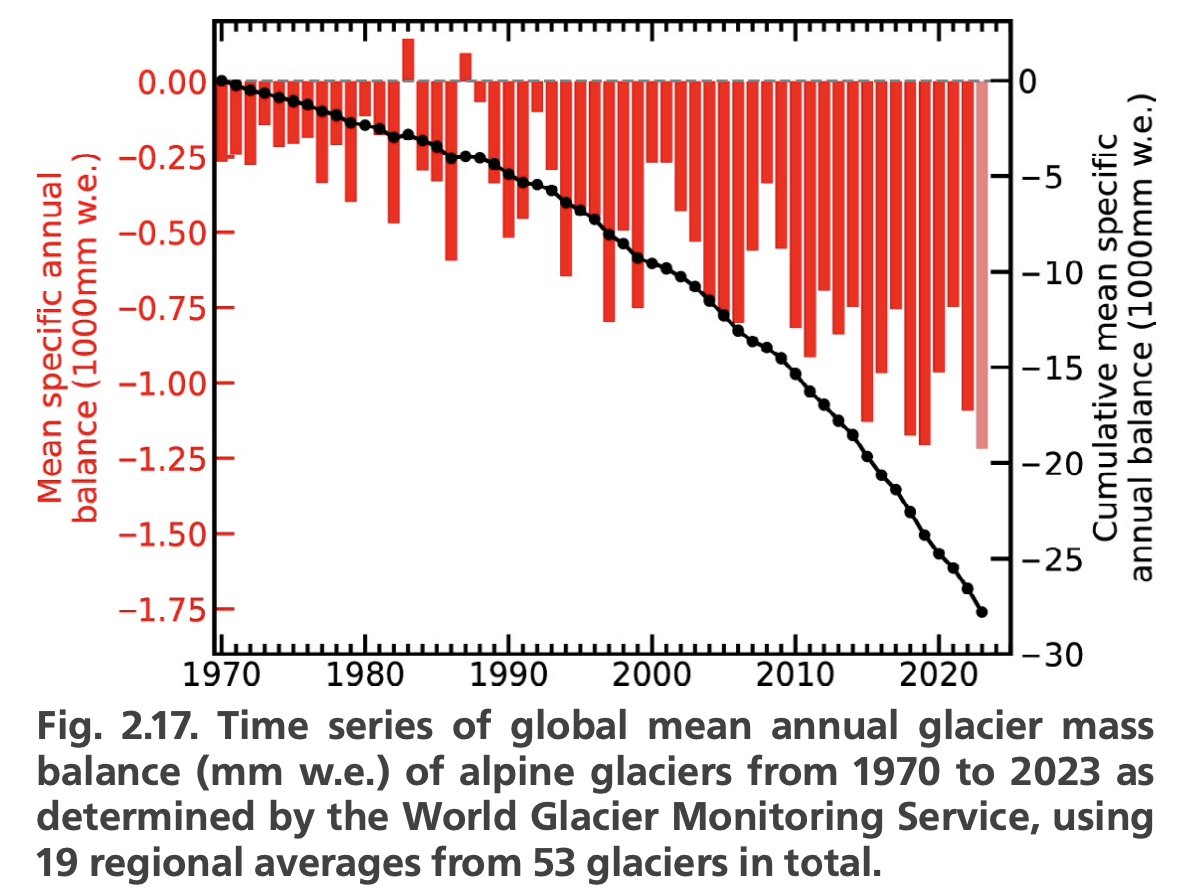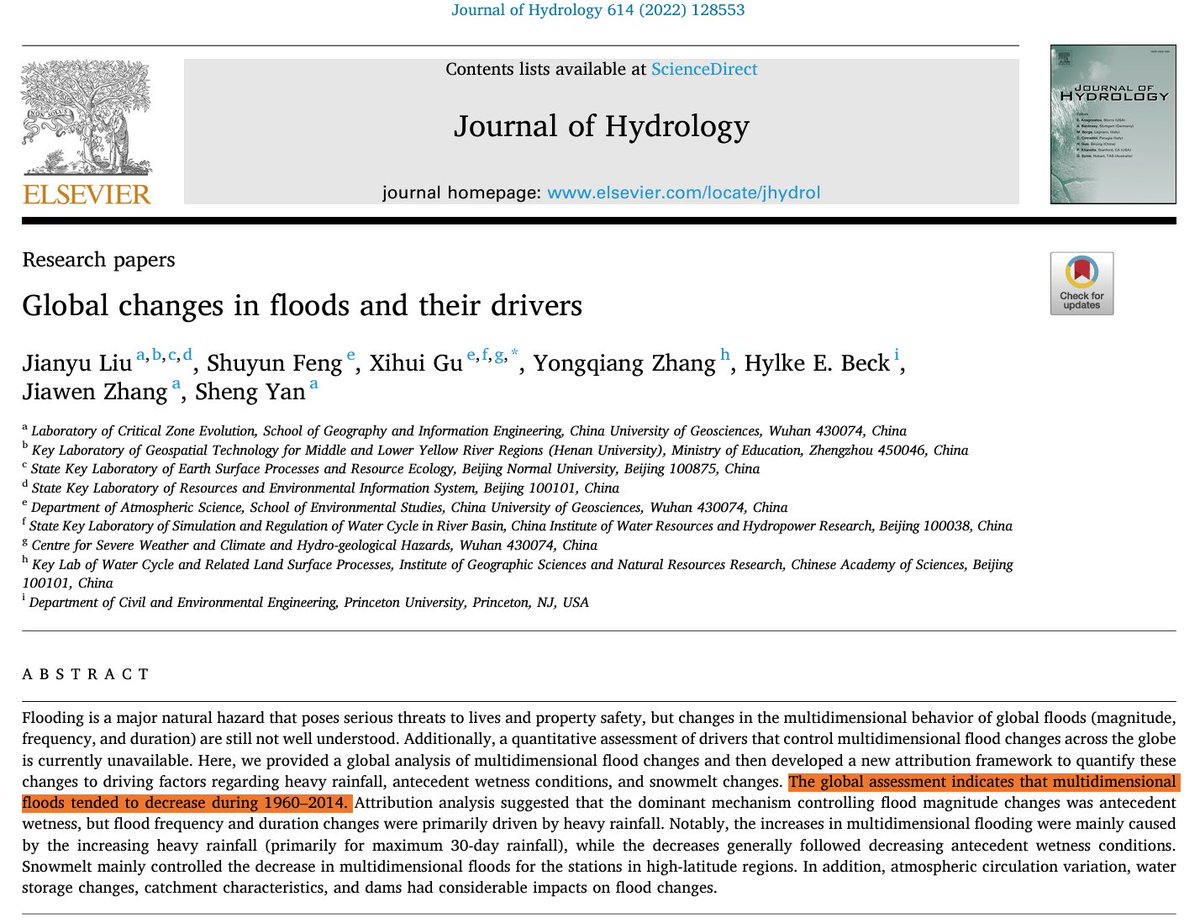There are only 3 fundamental ways to change the Earth’s energy budget: 1) Modification of incoming solar radiation, 2) Modification of the fraction of incoming solar radiation reflected back to space, 3) Modification of the Earth’s outgoing longwave radiation #SJSU #GlobalWarming
A Radiative forcing is something that causes the Earth’s radiative energy budget to become temporarily unbalanced and thus it causes a change in global average temperature. #SJSU #METR12 #GlobalWarming
A Radiative Feedback is something that changes in response to an initial radiative forcing, either amplifying the initial change or reducing the initial change. Relevant radiative feedbacks for Earth are the water vapor feedback, the ice-albedo feedback, and the cloud feedback.
• • •
Missing some Tweet in this thread? You can try to
force a refresh

























